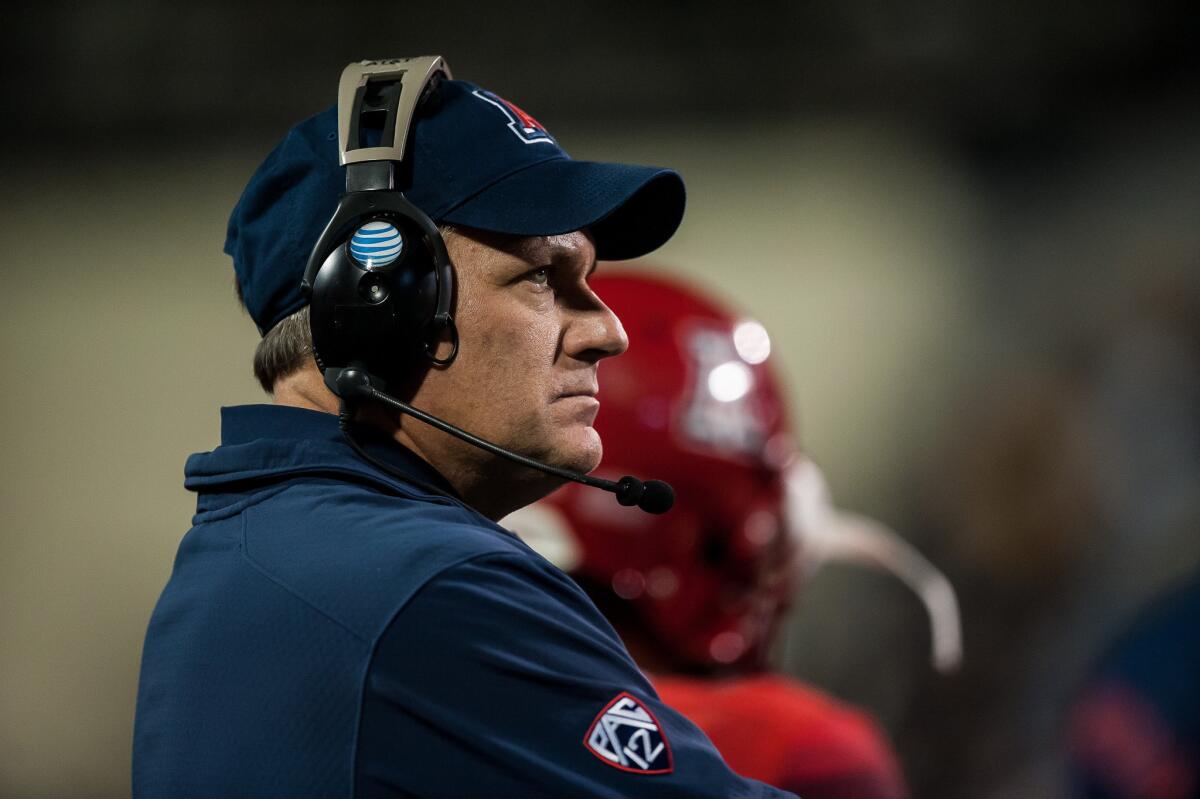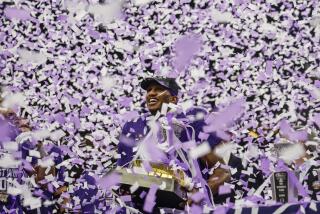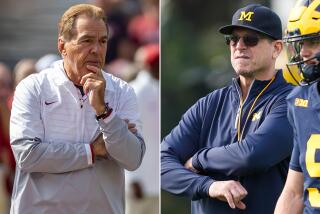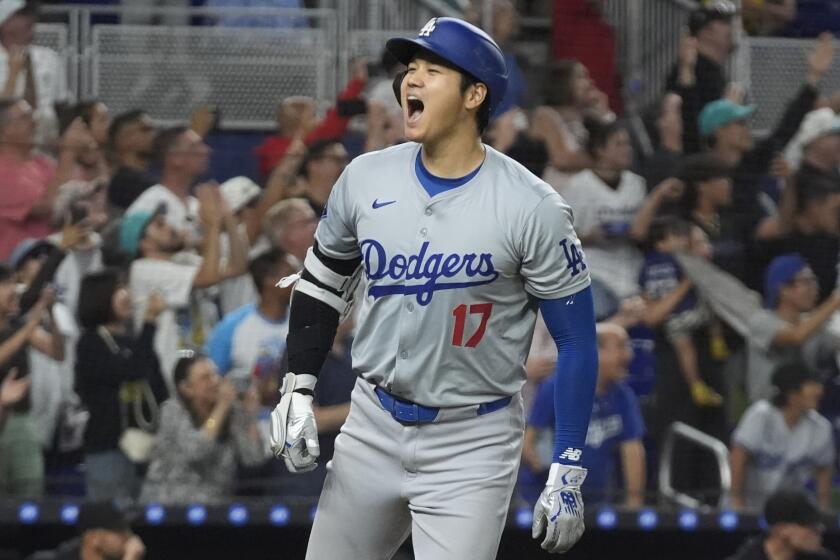Pac-12 national TV exposure outweighs late kickoff concerns

Arizona Wildcats Coach Rich Rodriguez looks on from the sideline during a game against Colorado on Oct. 17, 2015.
College football Saturdays stretch well into the night these days, ending with yawns and often Pac-12 Conference games.
This season, 19 games involving Pac-12 teams have started at 7 p.m. or later -- not including Colorado’s visit to Hawaii on Sept. 3 which kicked off at 10 p.m. -- and there are five more scheduled for the month of October.
That’s all by design to get the Pac-12 more exposure. It’s worth it. Actually, it’s worth $3 billion in television deals with ESPN and Fox.
“The highest priority in our mandate when we negotiated these TV contracts was how can we get more national exposure and revenue, because a lot of our games were regionalized and we were fifth out of six in conference revenue. So there was a lot of interest in what we did,” Pac-12 Commissioner Larry Scott said, according to CBS Sports.
Coaches for their part are, well, tired of it.
Arizona Coach Rich Rodriguez said he planned to file a formal complaint though Pac-12 after learning the Wildcats would play at 8 p.m. on Halloween night in Seattle against Washington.
“I’ll get on my soapbox here, I just found out the next game is going to be at Washington at 8 at night, and we won’t get back until 5 in the morning. I just don’t understand how this happens,” Rodriguez said, according to the Arizona Daily Star.
“At some point the conference has to have the ability to step in and say ‘hey, give this team one afternoon road game.’ Maybe all the rest are at night, but give them one break so they can get home at a reasonable hour.”
Scott responded by essentially said there was nothing that could be done and downplayed the time cost for football players.
“Once those deals are approved, there’s very little wiggle room in terms of pulling back the flexibility for our broadcasters,” Scott said. “Where we have more flexibility is on the Pac-12 Networks. That’s why we opened up an 11 a.m. window on the Pac-12 Networks and pushed some games to Friday nights.
“The truth is, time demands is a much less serious concern with football student-athletes than basketball, volleyball or baseball. There’s 12 contests. I don’t mean to be dismissive in any way of the concern. But if you compare time demands, it’s not as much, and you’re really talking about time away from classes and missed class time and overall burden.”
No. 10 Stanford hosts Washington on Saturday at 7:30 p.m. and then travels to Pullman, Wash., to face Washington State the following week for another 7:30 p.m. game, completing a stretch of five games in a row played a 7 p.m. of later.
“Sunday is the players’ day off, and it’s tough for them sometimes, getting back to their dorms at 3 or 4 in the morning from a road trip,” Stanford Coach David Shaw said, according to the San Jose Mercury News. “This is the day they have to catch up on schoolwork and spend the day away from football, and they’re in bed until 1 [p.m.] and half their day is gone. It’s hard to recover from a night game if there are things you need to get done. It is what it is, but it would be great if we played a few more games when the sun is out.”
So far, USC and UCLA have both had three games that started at 7 p.m. or later. That number could rise with kickoff times for several contests yet to be scheduled.
Better get your coffee, you don’t want to sleep on the Pac-12 Conference, even if it runs past your bedtime.
Follow Matt Wilhalme on Twitter @mattwilhalme
More to Read
Go beyond the scoreboard
Get the latest on L.A.'s teams in the daily Sports Report newsletter.
You may occasionally receive promotional content from the Los Angeles Times.










